So, your dog just had puppy or expecting puppies soon? Congratulations and welcome to the world of puppies and newborn puppy care. But what are you to expect once your puppies arrive from day one through to 6 months? How will they develop and what type of care will they need? Read on to find out what to expect and how to care for newborn puppies’ week by week.
Newborn puppy
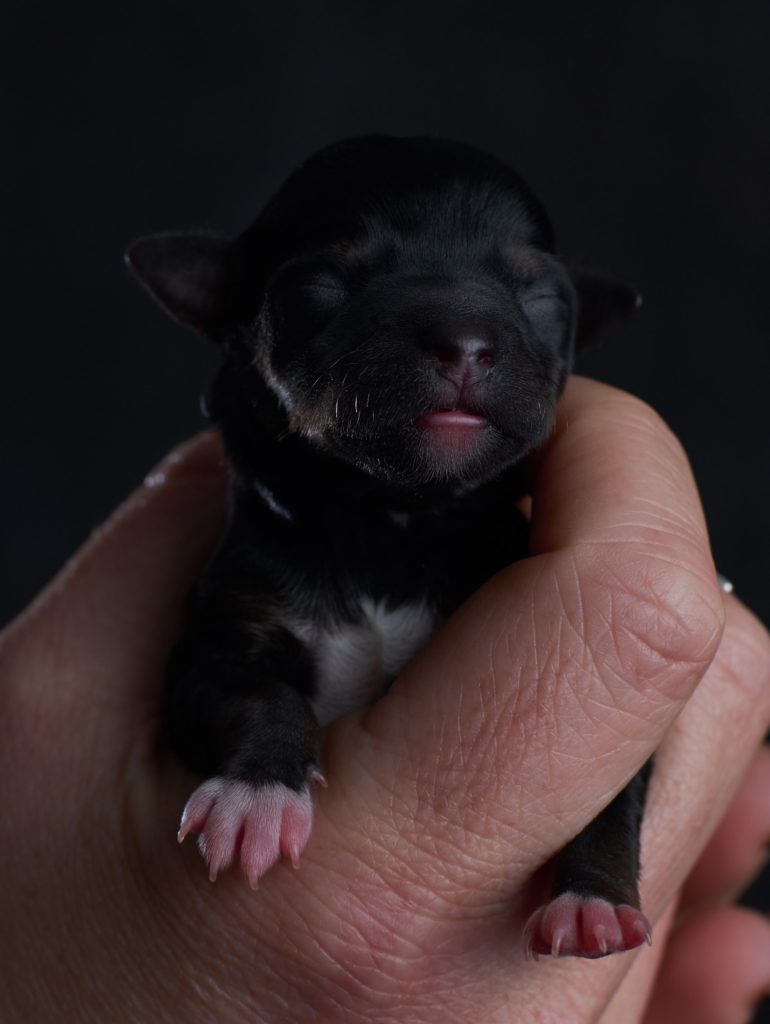
Hurray! your puppies have arrived! newborn puppies are fully dependent on their mother. Ensure that the mother has licked away all birth fluid from the newborn puppy, especially its nose. As the fluids could cause death, if not removed as quickly as possible. Its important to keep an eye on the mother and her pups but try to keep your intervention to a minimum. Give mom and her new pup some time to bond, there will be plenty of time for you to bond and care for your newborn puppy/puppies in the weeks to come.
Physical
At birth puppies are born with their eyes and ears closed, without any teeth and unable to walk. This means that they are unable to see or hear. But they are still able to make high pitched whining sounds as they search for their mother’s warmth and milk.
Week 1-2

A one-week-old puppy is still unable to see and will need to bond/locate with its mother through other senses, such as smell or touch. This week of a newborn puppy’s life is all about eating and sleeping so she will grow quickly . Your newborn puppy care is dependent on his mother now and should be getting all its nutrients from its mother’s milk. For now, it’s all about mom, other littermates, and food for your puppy.
Physical
Your puppy should be doubling its weight in the first week of life if it is feeding properly. 1 week old puppies spend approximately 90% of their time sleeping and the other 10% feeding. But they don’t jus sleep straight throughout the day/night. Most of their sleep will be from naps with feeding and cuddling in between naps to keep warm.
Week 2-3

Welcome to a visionary world for your puppy. Yes, the second week of life most puppies will have their eyes fully open and can see. You puppy can also now hear some sound. These are stimulating new times for your puppy. The 2 weeks stage also marks the time most puppies should get dewormed for the first time. A lot has changed this week in the new puppy’s life but there is still a long wat to go in their development.
Week 3-4
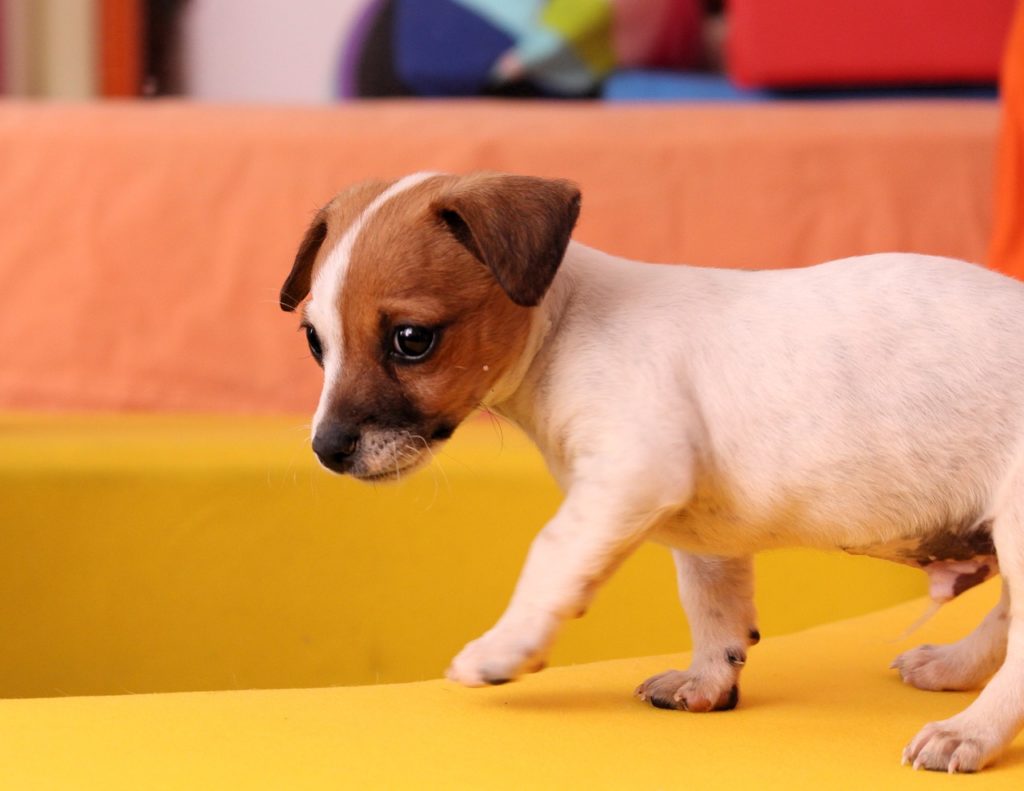
This is a week of exciting changes in terms of your puppy strength and physical development. By this time most puppies can stand and walk a bit, as the growth in their hind legs matches their front legs. Also, this is the time when some pups develop their unique personality such as the playful vs the drowsy sleepy puppy. Exiting times for you as you watch their development unfold in front your eyes.
At three weeks old some puppies will show their first set of teeth. This may signal time to start introducing your puppy to some puppy food. Ensure that if you do feed them hard food it is soft enough for them to chew. Some owners choose to offer them a combination of dry food along with wet food as gravy.
Most puppies are however still mostly dependent on their mother for food and care. Although you can still care for your newborn puppy by supervising them and ensuring that they are okay.
Week 4-5

A month has flown by so quickly, it may feel like just yesterday they were newborn pups, whiney and fully snuggled into mom. Now they are out playing with each other as well as their owner and noisily greeting their mother as she enters the litter.
At four weeks your puppy will display some level of bowel control. They will better understand when it’s time to potty and move away. At this age some mothers will begin to express less interest in cleaning up after their pups, so be prepared help if necessary.
4 weeks also marks the milestone of when puppies should get their second deworming. So, prepare for a trip to your vet or local pet store.
Week 5-6
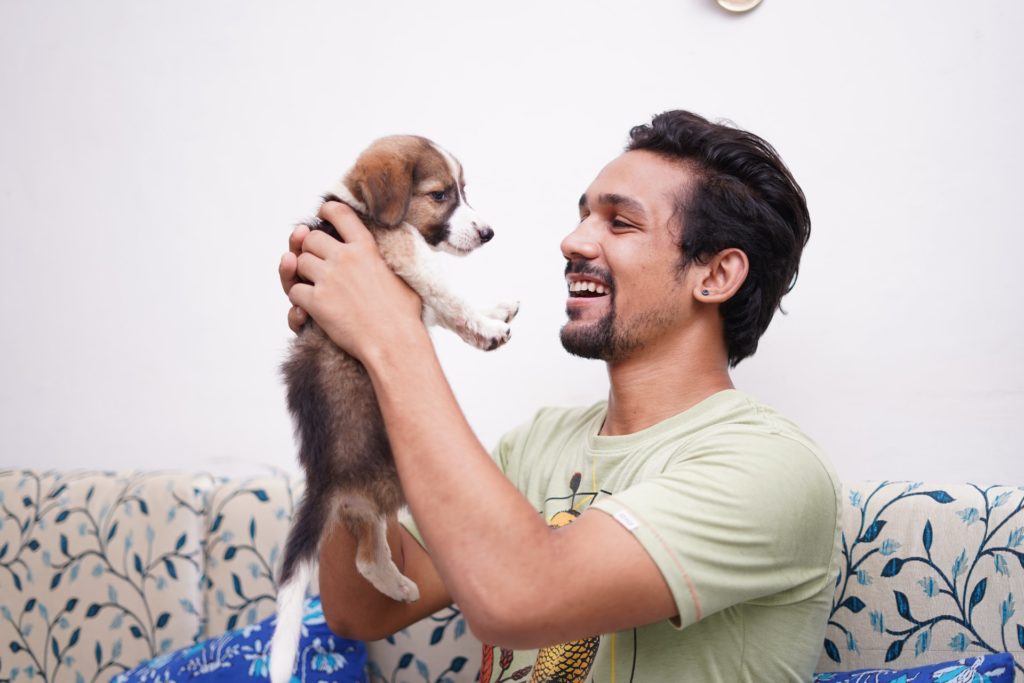
At last, this is the key point in development your have been waiting for, time for your puppies to develop relationships with people. They should spend more time with humans now so they can become familiar with human family life and environments.
The mother is now spending less time with her puppies, and they are eating puppy food a couple of times daily. This may be the beginning of the weaning stage for your puppies from their mother’s milk. You may notice that their mother will every so often feed her puppies while standing. And only for a short time. This signals that she is teaching the puppies not to bite to hard and gradually weaning them in the process.
Note: if puppies are raised in a kennel or separate space, they should be brought into a home environment regularly. This will help puppies develop into friendly confident dogs around human.
Week 6-7
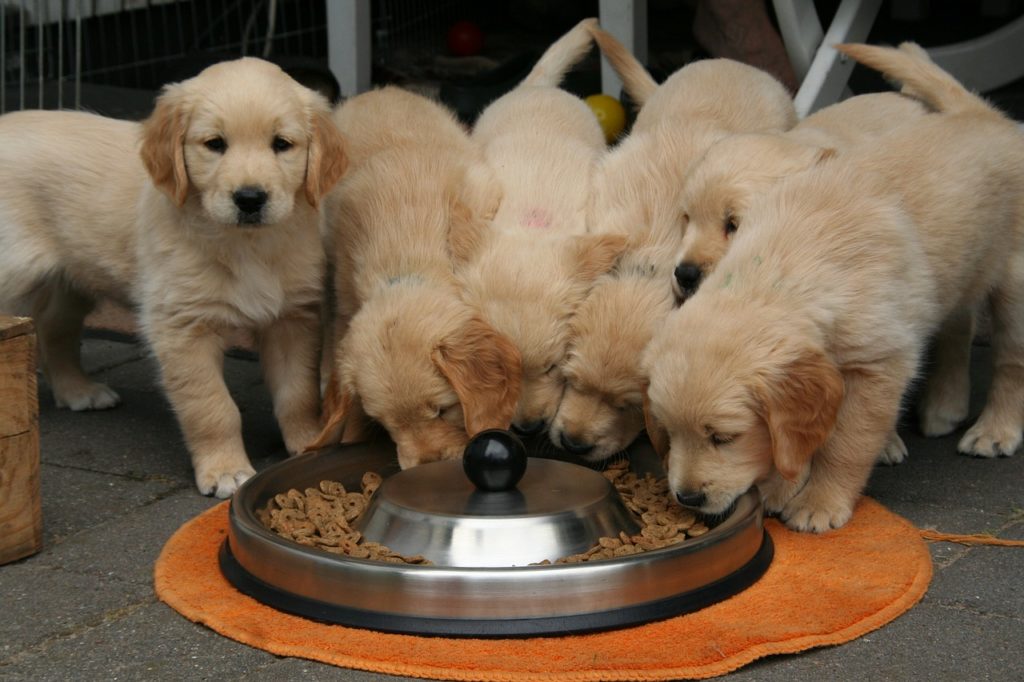
At this age most puppies will be fully weaned from their mother’s milk and actively eating multiple times per day. However, some puppies may choose to continue receive milk from their mother as well as eating food. That is okay, eventually these puppies will switch completely to a food only diet.
This is also the time puppies learn how to control their bite, through interreacting with their mother and siblings. They will learn not to bite too hard which is call bite inhibition training, an important lesson to learn before adoption.
Additionally, week 6 signifies the time for another visit to the vet for check ups and deworming. Your puppies are much bigger now than a few weeks ago, but there is still quite a way to go on your newborn puppy care journey.
Week 7-8
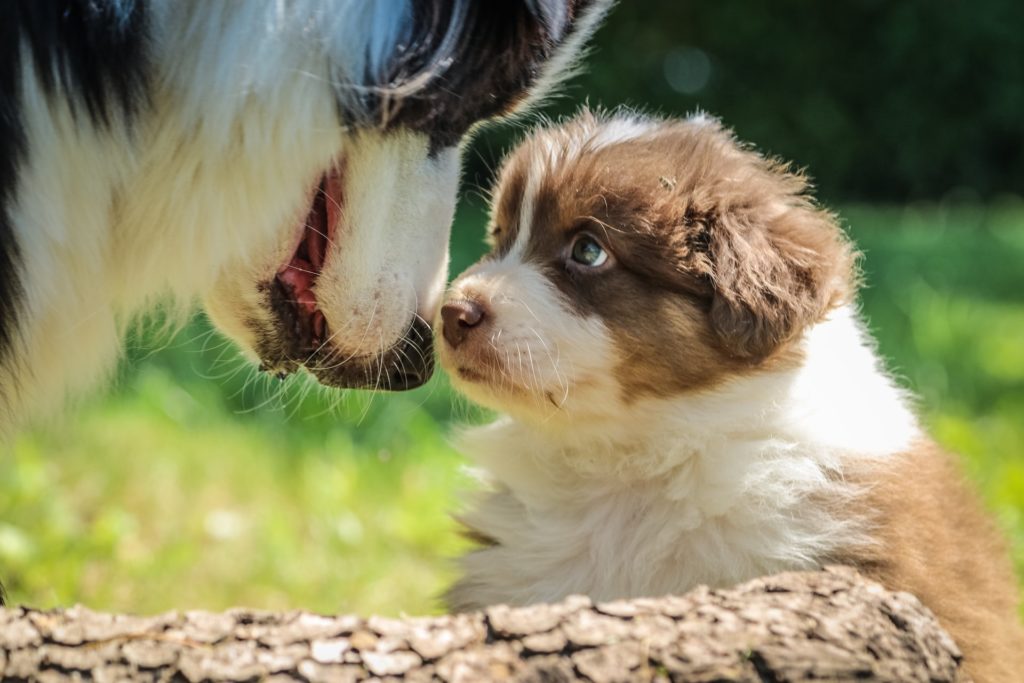
For many puppies’ week 7 is the last week spent with their mother and siblings. Some owners choose to hold off until this week to visit the vet with their pups for deworming and one last checkup. Puppies can now be trained to do some simple tasks. Such as to poop and pee on sheets of newspapers or mealtime routines.
This is a week filled with socialization and playing for the pups and their siblings. Enjoy it, especially if your pup will be up for adoption in the coming weeks. Sometime during this week or the next most puppies will be off to their new homes on exiting new journeys.
Week 8-9
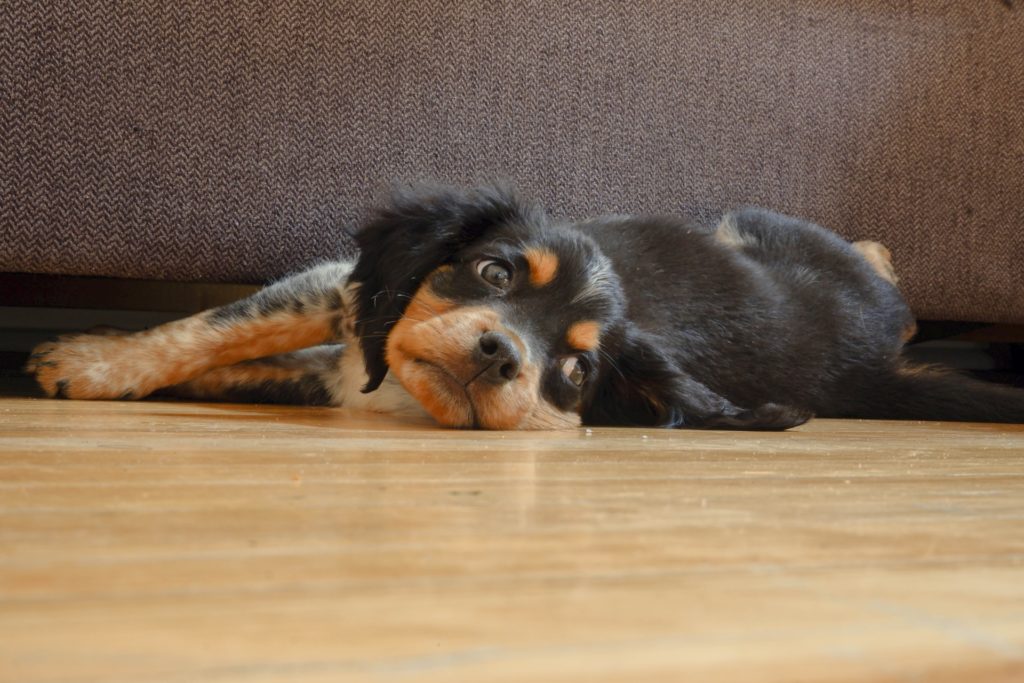
For most puppies this week is spent in a new environment or home with a new family. Try to make this transition as least stressful as possible. This week also signifies progress in the potty-training activities and human socialization.
If you have just adopted your new pup its important to take him/her for a visit to the vet to have a checkup. This is also the time for vaccination if your pup has not already been vaccinated. Its an exciting time for new dog owners but remember your puppy is going through a major change. They may still miss their siblings and mother so give them so time to gradually adjust.
Week 9-10

Welcome to the equivalent of a toddler stage for your puppy. Expect lots of energy, followed by excessive playing and mischief. Your puppy’s mind is developing rapidly as she is now into her learning stage. It’s time to create a regular schedule for mealtime, potty time, and play time. Have a designated area for feeding, playing, and going potty as this helps focus your pups mind on the task at hand. If you spend the time now to teach your puppy the essential lessons, you will be rewarded later.
Week 10-11

Week 10 is a big socialization week for your puppy. Spend some time and introduce them to new environments and situations. But not full scale, remember your puppy is not fully vaccinated yet so they can’t play with other animals yet or go to the park. However, he/she can still socialize around the home, on car rides, or go for a walk. Socialization helps ensure that your puppy grows friendly towards people and other dogs.
Introduce your puppy to softer toys now as they have not fully grown their adult teeth yet. Establish sleeping and feeding routines so that your puppy will grow familiar with them. Also continue potty training for the next few weeks, if necessary. Until your puppy is fully trained to go.
Week 11-12

At 11-12 weeks your puppy’s day should look like, sleep, eat, play, potty, repeat. It may feel like a routine. If you deliberately plan this routine, then it should feel like a good routine. If not, there is still time to train your puppy and the sooner you start the better.
Continue with regular training and interaction with your puppy, as she should be showing some level of progress now. Your 12-week-old puppy will show various emotions such as fear, excitement, and pain. Nurture them through this phase and teach them how to handle different situations, so that in the feature they will be ready.
3 months
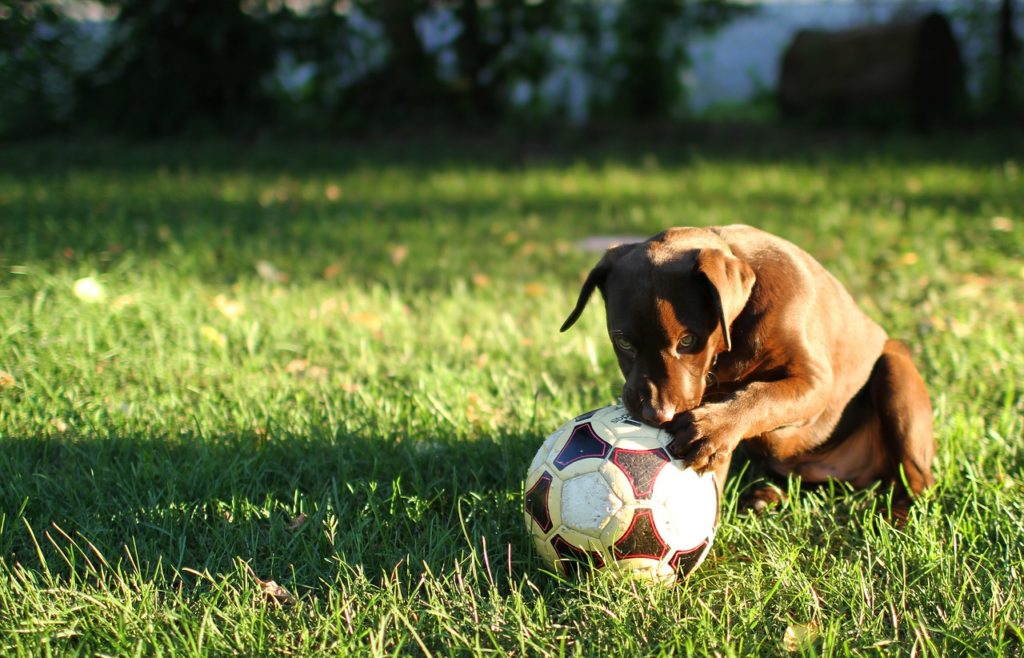
At Around three months old, your puppy’s baby teeth fall out and his/her adult teeth begin to grow. This may cause some discomfort in him/her so be on the look out for any signs of restlessness. Also, it helps to have some fun chew toys for your puppy to play with during this transition phase. Otherwise, he may chew on your valuable items around the house.
Your puppy should now look and act more like a dog rather that a little puppy and will soon be reaching his/her adult Height in the next few months. For smaller breeds this process may happen quicker than with larger breeds.
6 months
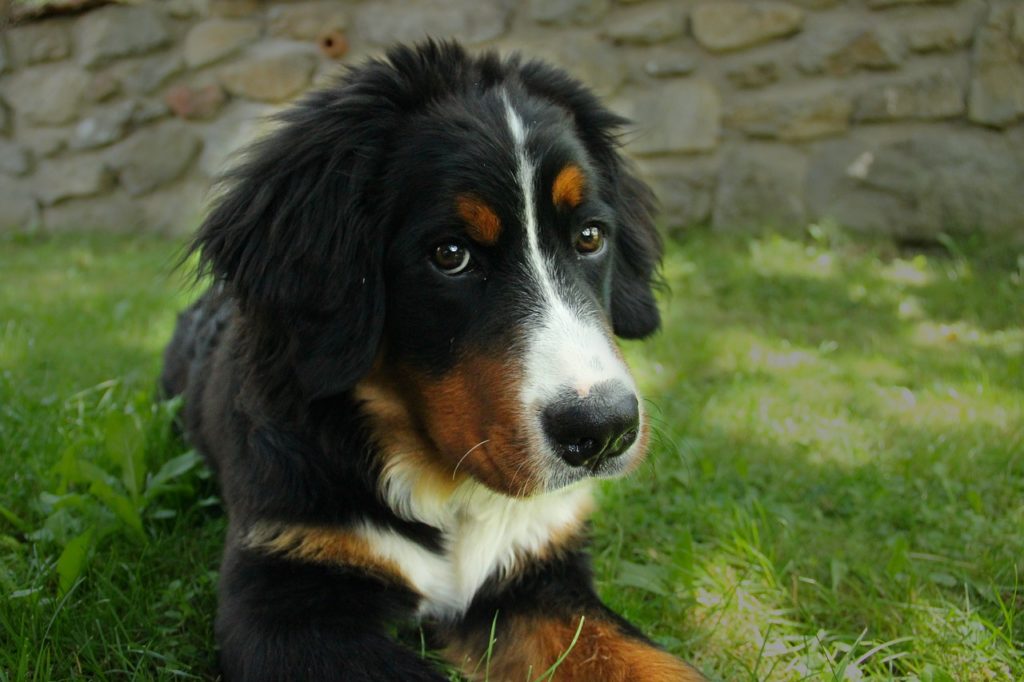
Your puppy has now transitioned into the adolescence stage of life. Congratulations you have watched your puppy grow into young dog. Hopefully you took lots of pictures and have fun memories. From now on your puppy’s physically changes will slow down a bit. For small dogs breeds they are now near their maximum height and size.
Adult teeth are now here. Your puppy should now have his/her adult teeth which means the days of teething are now finally over. He will now be socializing a bit different around people and other dogs so its important to continue behavior training . Your puppy is stronger now and has a better sense of what he/she wants and may also display a few signs of indiscipline. Stick to your training routine though and work with your puppy through this phase until he/she has matured into an adult. Congratulations on raising your puppy to this phase in life, I hope the future holds, many more fun memories and experiences for you both. Continue to follow Nurturingpawz.com for more puppy and dog care information. And subscribe to our newsletter to keep up to date on the latest in dog world.
Congratulations on raising your puppy to this phase in life, I hope the future holds, many more fun memories and experiences for you both. Newborn puppy care is a exciting experience that you can never forget. Continue to follow Nurturingpawz.com for more puppy and dog care information. And subscribe to our newsletter to keep up to date on the latest in dog world.
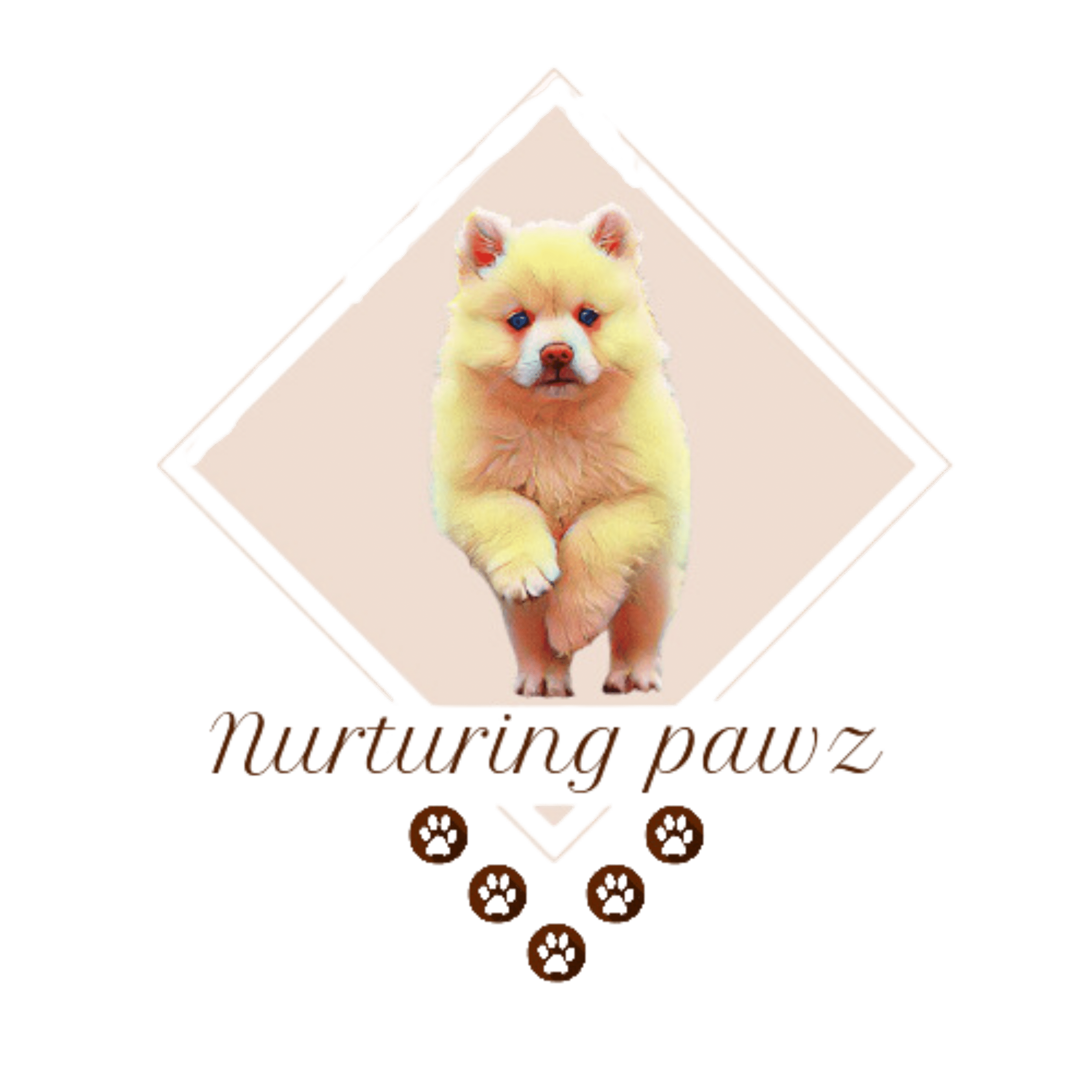
Pingback: The real reasons why dogs hate vacuums - explained - Nurturing pawz